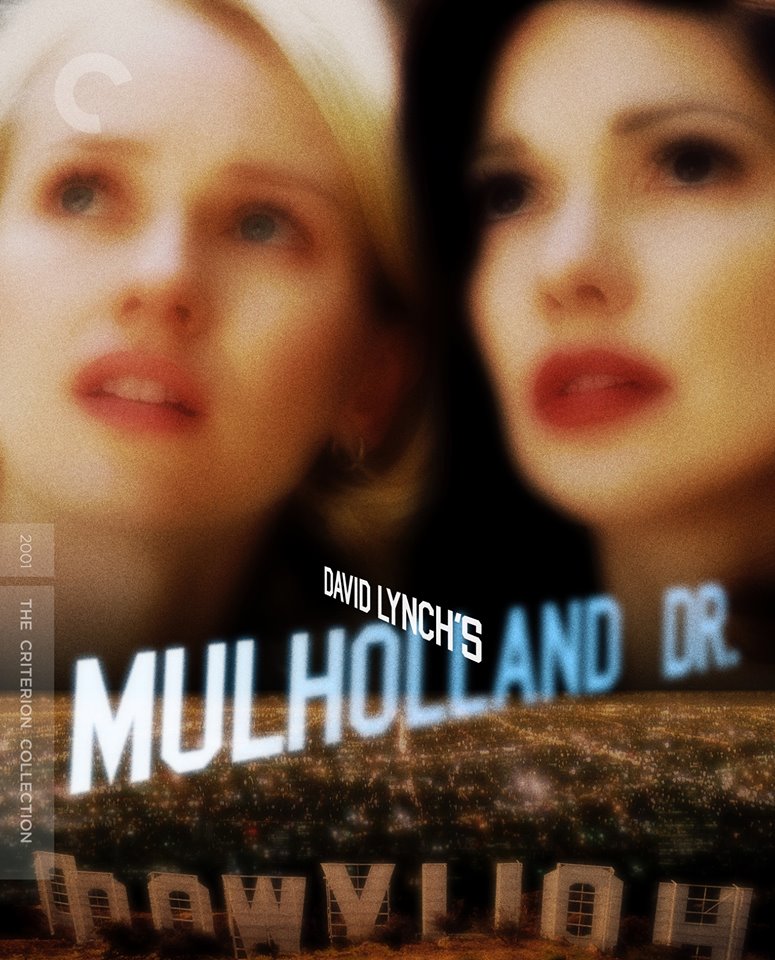DIRECTOR: David Lynch
WRITER: David Lynch
EDITOR: Mary Sweeney
TOP BILLING CAST
Naomi Watts
Laura Harring
Justin Theroux
Watch Mulholland Dr.
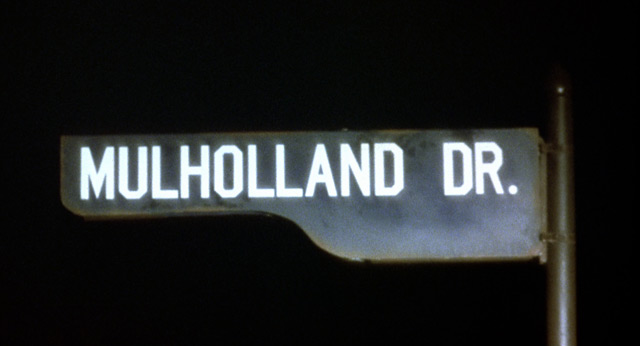
SYNOPSIS
A woman travels to Hollywood with dreams of becoming a star. Upon arriving, she becomes involved with another woman suffering amnesia after being in a car accident.
CRITERIA
Mulholland Dr. is the quintessential Lynch film. It encompasses so many of his fundamentals that you can learn nearly everything you want about his methodology from this film alone. Criterion, whose mission has always been to release important contemporary and classic films in the highest quality available (which for them means more than audio and visual quality alone), and a filmmaker like Lynch complement each other very well. Lynch has a purist view of film. For him, film has an organic quality inside of a properly tuned movie theater, and there is nothing to substitute that experience. Many purists feel this way, which is why seeing a classic film in a theater setting, on film and not a digitally projected Blu-ray, is always so alluring to cinephiles. While Criterion can certainly not match or replace this environment, they will do what they can to provide the closest next best thing. So it is no surprise that Lynch has two films in their catalogue, Eraserhead and Mulholland Dr.
But what is it about Mulholland Dr. that has appealed to not only Lynch fans, cult movie fanatics, film critics, essayists, and cinephiles, but also Criterion in particular? Well, there is much to discuss and look at when answering that question. A question that deals with the reasons behind a movie’s so-called importance or quality, or even its reputation, is not always easy. There are many demonstrable facets of the film that help us, as an audience, determine a film’s quality. But there is more than technical merit to consider when determining a film’s worth. Mulholland Dr. has many quirks and few answers to the mysteries it establishes, but it rewards those that are willing to look beyond the more obvious narrative structures and plot resolutions of similar dramas. It’s a film that asks the viewer to give a little before taking by challenging conventions and utilizing the full spectrum of the film’s capabilities. I’m going to go in-depth about many aspects of the film, not only in the hopes of shedding light on what makes this film worthy of a Criterion release but also in the hopes of providing a little insight to those that may not enjoy, understand or even appreciate David Lynch or his masterpiece.

What does a director do? Well, a director is kind of a lens that everything else is filtered through. The same script is going to look, feel, and be received very differently depending on who is directing it. The acting and technical aspects of a film can vary considerably depending just on the director. The stronger the grasp on the various facets of a film, then the stronger vision a director can have. Somebody like Lynch clearly understands that a film can have a real emotional, intellectual, and psychological impact on an audience through not only the images but the sounds and how it’s all edited together. With Mulholland Dr., there is a quiet mystery through the first two-thirds that runs with an air of artificiality. This artificiality is often what pushes people away (second only to the baffling last third), but it’s crucial to understand what Lynch is doing and why.
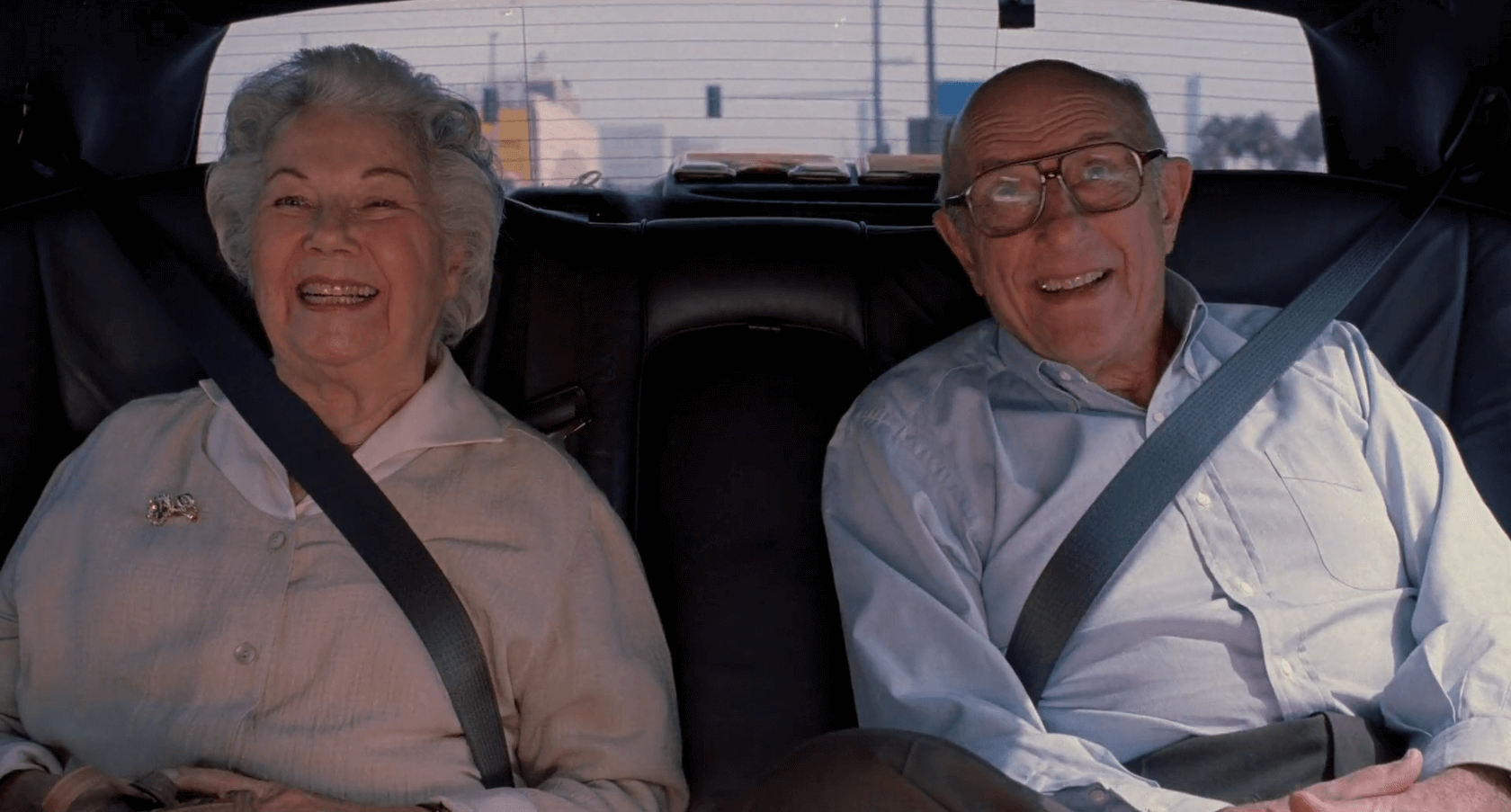
What Lynch does for this large section of the movie is balance a bizarre coupling of tones. First, there is this overly bland, almost flat quality to the acting, much of the music, and even the photography. The simplicity behind it and the lack of flair are balanced alongside darkness and mystery. We know there is more to the story, more to the world, and much more to these characters. There is an implied meaning behind actions and an underworld that’s just beyond our reach. Being in a confusing situation, one that you have direct influence over but not a solid understanding of — is scary and intimidating. That’s a mystery of life as we’ve structured it. What’s more, the idea that something larger is looming over us, a network of information, people, and intentions that run constantly around us with utter indifference to whether or not we understand its design, has become commonplace in our lives. In this way, we’re able to relate to our lead characters even if we have the advantage of information over them. But this artificiality creates a tone, that we cannot relate to. In the way that our eye can detect when something in a film or photo is faked, our brain can easily identify when something isn’t right. The world presented is just a little off, despite looking much like our own. The lack of a cinematic pizzazz seems like a strange decision, but it helps solidify this feeling in the tone that while it looks like our world, it really isn’t.
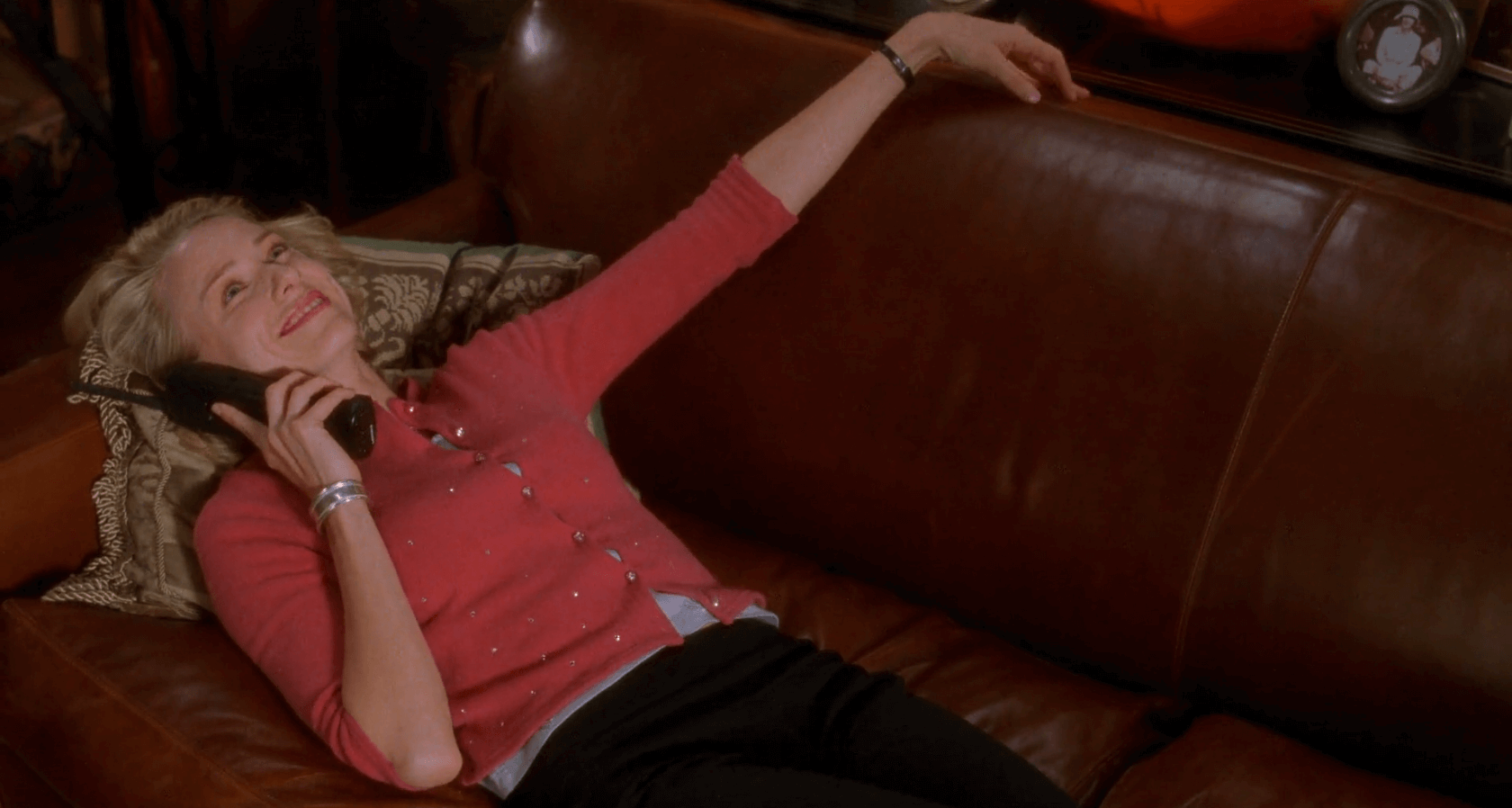
Lynch doesn’t want to keep us completed sedated, however. There is a peek into what is coming. There is a scene early in the movie that, along with another scene late in the film, has become infamous. It takes place in an ordinary diner where two men talk quietly in a booth. One man is describing a recurring nightmare that has been troubling him. The man describing the dream is Dan. The man listening is Herb. The nightmare takes place in the very diner they’re sitting in. It also involves both men. Dan says there is a face he can see through the wall. Dan hopes to never see the man outside of a dream. Apparently, this man is making them both afraid beyond description in his dream. They walk outside in order to confront his fear. While approaching the alley behind the diner, the man appears from behind a wall, and Dan is shocked by fear and collapses. In many movies that scare us, there is an obvious reason. In many horror movies, we can understand the fear of being killed or hunted, but in Mulholland Dr., the fear stems from something less tangible.

Dan says that the dream takes place in the diner they’re in, but that the light is different. Not night, but something like night. He also says that Herb is standing at the counter. Moments later, Herb is standing in the very spot that he was in Dan’s dream. Dan also states that in his dream he is scared, and Herb is scared, and Dan seeing Herb so frightened makes him more terrified. This is planting the idea in our brain that when we see Herb at the counter, we should be scared. And when we see Dan’s reaction, that should increase our stress levels. While they walk outside, we see a dirty alley brightly lit, leaving the audience to only imagine it in a darker light. As the men approach the alley, the camera slowly moves in toward the wall, and we know, because of the predictable language of film, that something will pop out: a face that is going to be horrible to look at. What’s interesting here is that in broad daylight, while knowing what will happen, Lynch manages to frighten and make a real impact on people. The moment has been embedded in my brain for over a decade and it’s so difficult to explain why the scene is so scary. I believe it’s because it works less in a visual way, but moreso in a psychologically and consciously intended way.

The fact that a single scene in a film, one that isn’t more than a few minutes in length and contains very little dialogue, can conjure up such dreaded memory says so much about the control of Lynch’s directing. His ability to craft moments, whether big or small, is laced with a primal understanding of how people are going to react to them. He’s in your head all the time. He is going so far as to tell you what’s going to happen in the scene (and by doing so he’s also explaining a large portion of the movie), and there is still dread and shock to be had.
There is a character confronting his dream-fears in reality, all while debatably taking place in the dream-fears of somebody else’s reality. In the background, there is a low, humming, droning sound effect. Lynch has stated that his movies should be played loudly, and scenes like this are why. This bassy, nightmarish sound that acts as a score is absolute dread existing in audio form. Coupled with Dan’s face, and the slow creeping photography, it’s impossible to not know that there is something real and terrible ahead. Not just for the scene, but for the entire movie. It tells us that just under the surface is really what nightmares are made of, not in the depths. It’s always right there, lingering just out of reach. Capable of becoming part of our world, if we just let it.
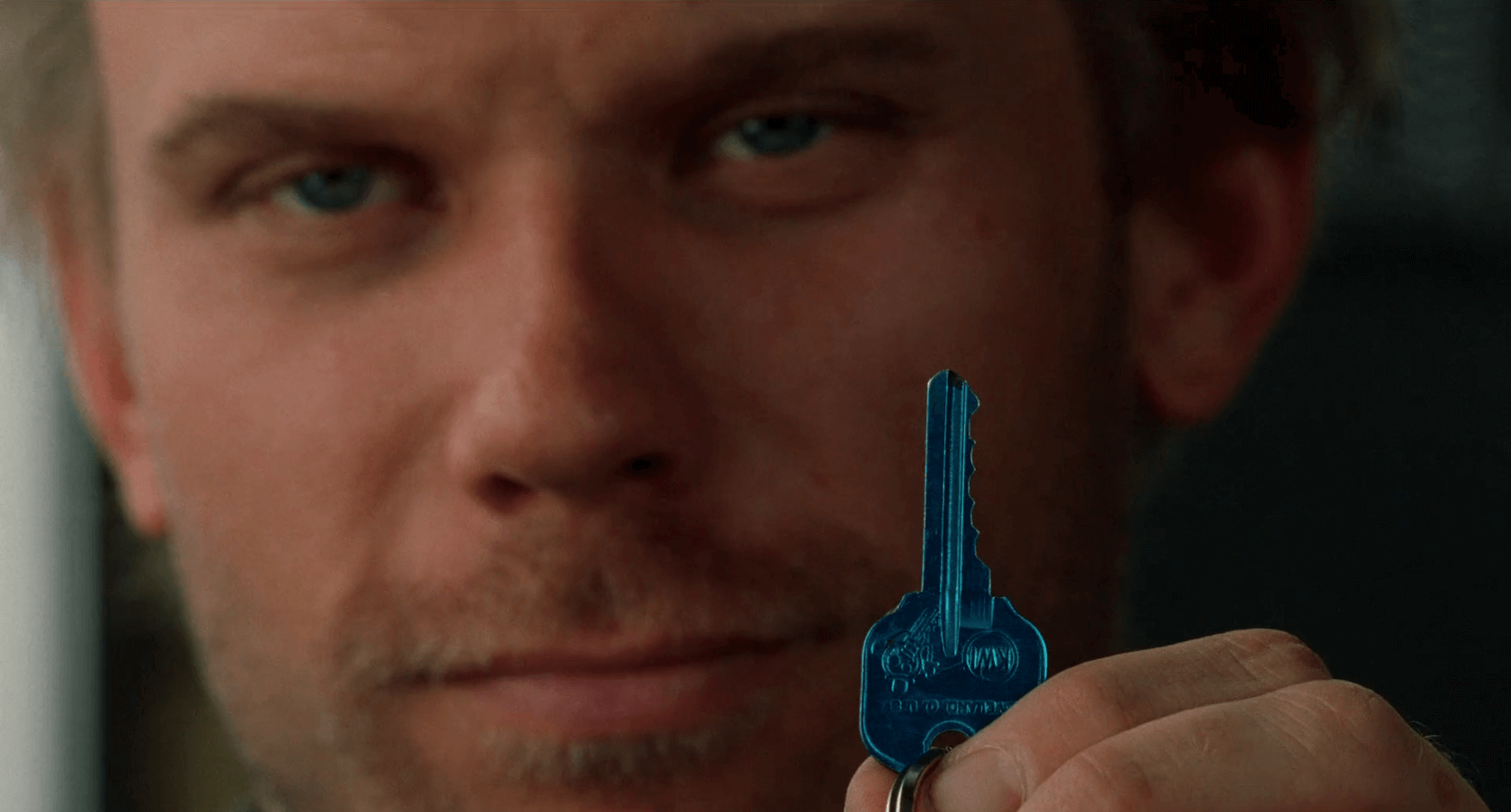
As the mystery of the story unfolds, the strangeness increases, and we’re left with few if any answers. Multiple storylines appear to be happening and their connection is there, somewhere, but it’s unclear. We’re now completely in a fog of unreliable information. Just when it seems the movie cannot get any stranger, as we start to wonder when it’s going to make sense, Lynch pulls out all the stops. The movie then changes in a dramatic way. Suddenly, things are different. Characters aren’t the same, names are changed. It’s like the entire first two-thirds didn’t happen. Then the tone begins to make sense. The images have a realness to them. It has all the teeth and grit of heartbreak, hate, and desperation. The scenes can be overwhelming by comparison. Before, the pacing was light and slow. Now, things are moving quickly with intensity and gravity that wasn’t here before. This switch isn’t just to trick an audience, it’s to help accentuate the emotional quality of the reality of what is going on. You can walk out of a shady space into the sunlight and then you can be woken up with a shade being drawn. This is what Lynch attempts to do, and I feel he succeeded. There are mysteries that aren’t explained in the movie, and many of those things have been debated and talked about hundreds of times, but I don’t think they matter as much. The mystery of the world, the strangeness of what’s going on, isn’t always about logic. It’s less to do with reality and more to do with emotional leverage.
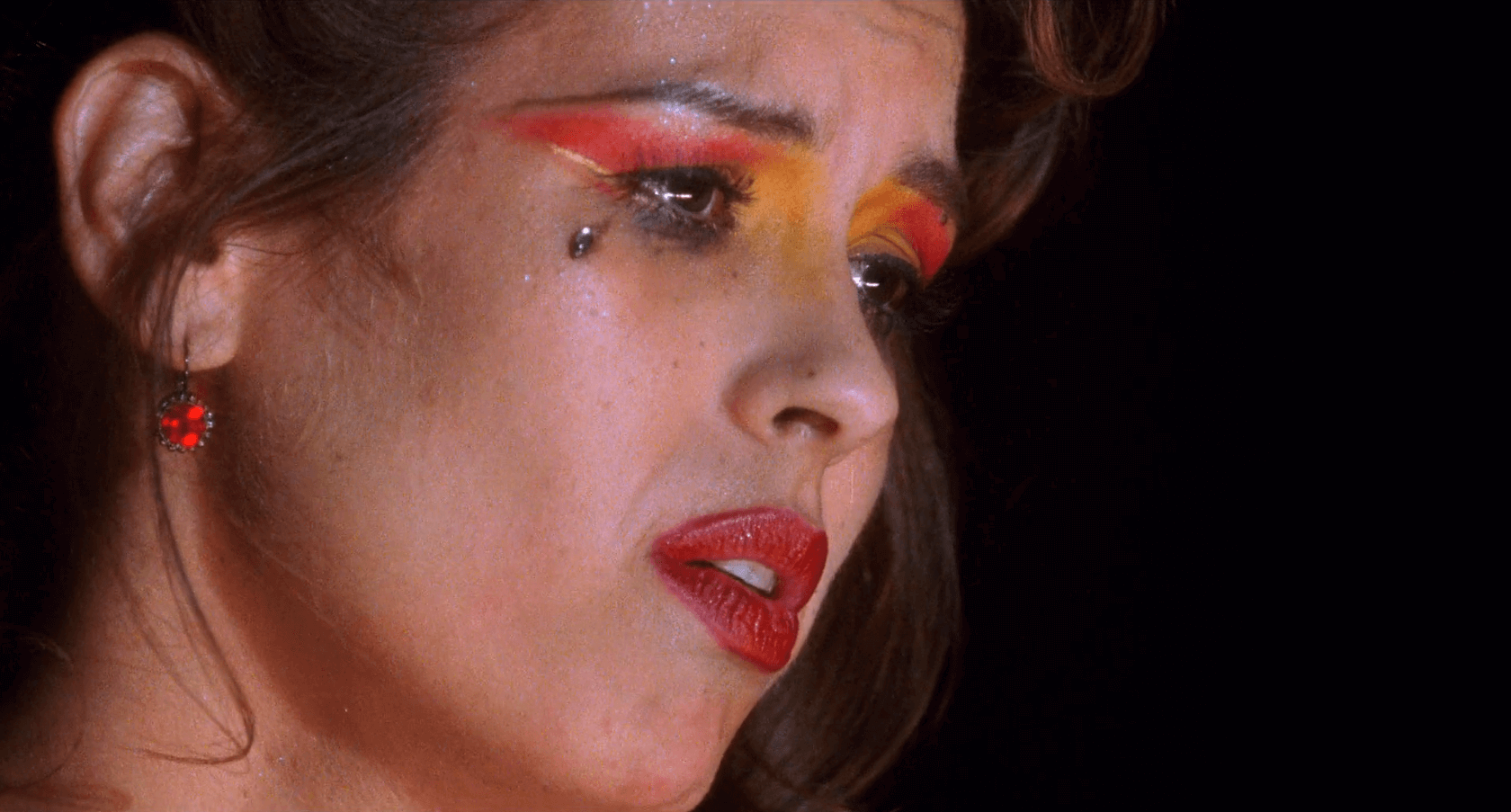
The tone isn’t the only way that Lynch helps deliver his emotional and shocking last third of the film. There is a playful style to the acting during the first two-thirds of the film that completely vanishes afterward. We watch an elderly couple using overly expressive grins that seem farfetched at best. Our leading ladies are seemingly unaware of the way reality works. Even when a hitman kills innocent people it’s shown in a goofy, sitcom kind of way. But then we get to the last section of the movie and we have a very dark and real feeling collection of characters. They take their lines and delivery and create an uncomfortable mood of hostile jealousy and despair. Instead of two people falling in love, we see one person tearing themselves apart with a complicated blend of emotions. Betty (Watts) is, at times, so open that it feels like an invasion of privacy to watch her. The audience is at once wondering what has happened, what will happen, and what it all means. Eventually, they’re digesting rejection, suicide, and cruelty. What’s worse is that the strangeness that unfolds, the images, and the messages go unexplained. It’s up to the audience to experience the movie as is and make their own determination.
Why do this? Why make a larger portion of the film, that ends up debatably being a dream sequence, so vivid and detailed while only casting soft light on the real-world situation? To this, we as an audience can only speculate as to what exactly brought Lynch to his conclusions and decisions, but I believe his choices make sense. Hollywood is a fantasy town, owned and operated by dream makers and schemers. It’s not for the literal and it isn’t for the rest of the world. It exists on its own and creates dreamers and delusional, tormented people. Mulholland Dr. is a tragedy of Hollywood wrapped in a mystery whose details are, maybe, of little importance. What ultimately matters is the way the characters handle their relationships with one another. People get caught up in what they believe are unexplained actions and storylines but neglect to focus on what really matters: what we do know. And what we know is that a woman is virtually destroyed by a situation she’s not ready for emotionally and maybe even intellectually. Dreamers seek out Hollywood for its glamor and potential. Making it in any city in the world and making it in Hollywood are two totally different things. To make it in Hollywood is to be loved and admired the world over. To be loved is something everybody wants and can relate to. For some, that’s not so easy. We can all understand seeking out something we want, and many people know what it’s like to want a way out. David Lynch tells a story through a medium that provides many avenues for deception to better enhance the story he’s trying to tell. With Mulholland Dr., he’s telling a story about desires. About people who seek out what they cannot have. They seek out what they believe is the ultimate end of reality: the fantasy life.
THE EXTRA MILE
Some on-set footage, deleted scenes, and the trailer feels like standard add-ons but are welcome. The new interviews with Lynch and Watts are definitely worth checking out, as is the interview in the lengthy booklet that comes with the release. There is little to elaborate on these because they’re rather informative without breaking any real barriers, but they are nice additions to an already purchase-worthy release.
THE WHOLE PACKAGE
It’s a solid package in the form of a digipak. While it may be a personal preference, I do find that digipaks look and feel better than a jewel-cased Bluray. One problem I’ve had is that the packing is so tight it’s hard to get the sleeve out. At one point I had to open the case from the back and push the sleeve out because it was so compact. But, it’s got a great weight to it thanks to a nearly 50-page booklet and a large fold-out disc placement. The artwork throughout the case is in theme with the movie with great images and colors. It’s one of the better-looking releases and which makes it more frustrating that it can be so hard at times to simply take it out.
three reasons
EMOTIONAL LEVERAGE

THE SECRET LIVES WE LIVE
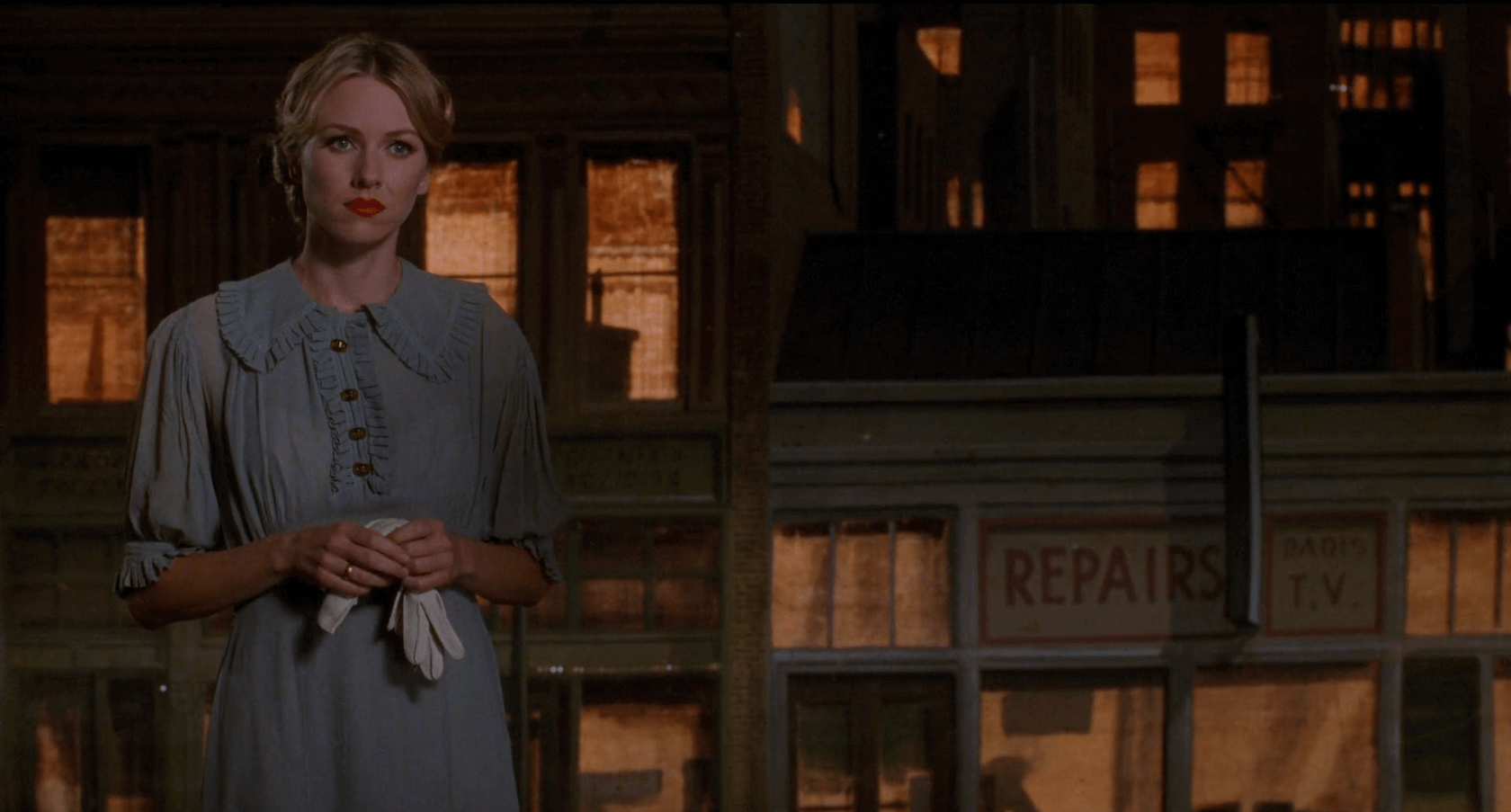
THE WEIGHT OF ESCAPING
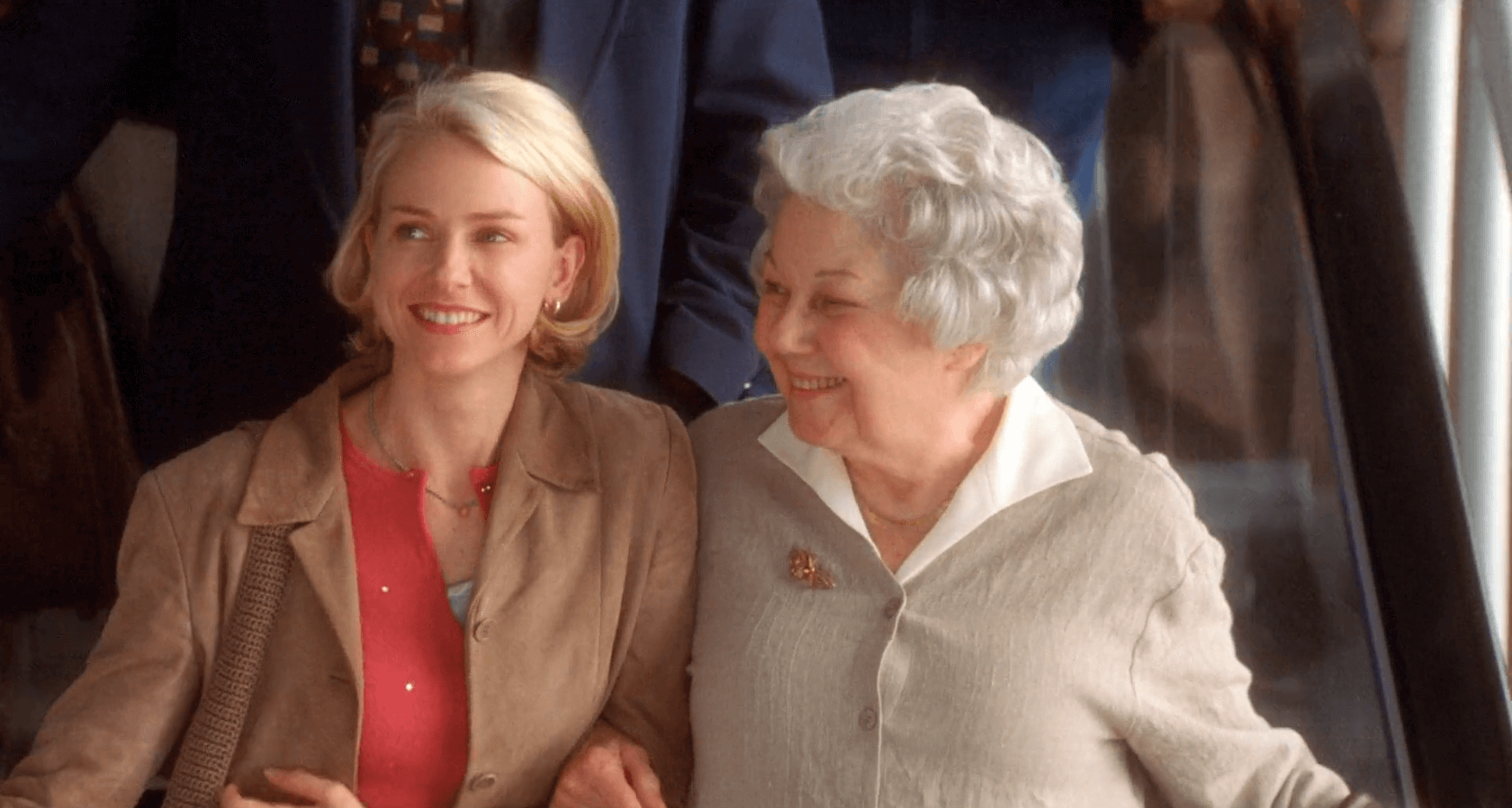
Watch Mulholland Dr.

